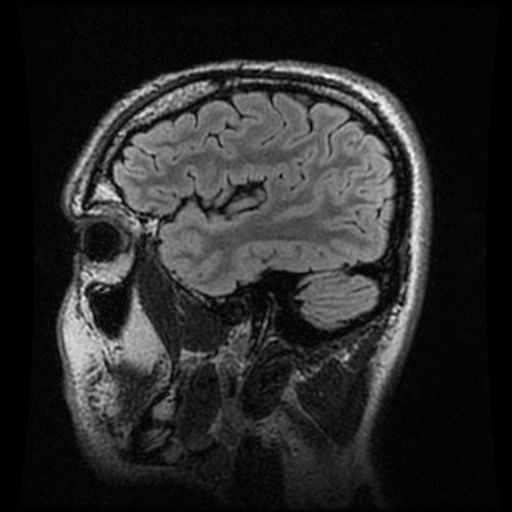Cranial Radiation Therapy Could Degenerate Brain Structure And Function; What Does This Mean For Brain Cancer Patients?

Cancer treatments, like radiation therapy, are often targeted to treat specific parts of the body for tumors and abnormal cell growths characteristic of cancer. These treatments often help cancer patients maintain remission of their cancer, but can also pose some dire threats to the rest of their health.
Cranial radiation therapy, or radiation targeted at one's brain, has been an effective means of treating brain cancers in children and adults. But while the treatment is successful for decreasing the progression of brain cancers, it has also been found to cause neurological dysfunction later in life — though, for some time, it was unknown how exactly brain cancer treatments were negatively affecting the brain.
A new study illustrates that cranial radiation therapy alters the structure of the brain and therefore leads to adverse changes in functions like learning, memory, and attention. Researchers set out to document the changes that radiation causes in the brain by measuring which changes occurred at certain levels of radiation in mice. They wished to determine which levels of radiation could potentially be unsafe, thus taking brain images of mice treated with varying levels of radiation 10 to 30 days after treatment.
Neuronal structures and organization are important for normal brain function. Neurons tend to branch and organize in specific ways to maintain their function. For example, neurons involved in memory tend to branch out and affiliate with many other neurons. This organization is key. Similarly, the primers for that organization are just as important, as they can decide whether or not the neurons will be able to organize in ways that they must, in order for adequate function to occur. This array of neuron characteristics was observed during the study.
The researchers found serious decay of the neuron structures of the brain that normally allow for learning, memory, and complex thought.. Such alterations in the patterns of neuron organization can lead to severe cognitive disorders, impacting learning and memory. The results showed that a low dose of radiation, often used in children, caused 43-percent reductions in the lengths of neurons, their complexity, and their organization after 30 days. A higher dose led to a 73-percent reduction in these important aspects of neurons over the same time frame.
After just 10 days, the higher dose reduced neuron populations and their ability to organize by 22 percent. Correspondingly, the structure in the brain that allow for neuron organization was severely altered thanks to the radiation. Ten days after a low dose of radiation, the primers for neuron organization were reduced by 40 percent; a 55-percent reduction was seen after a high dose. Similarly, after 30 days, these primers were significantly reduced by about 70 percent in those receiving a high dose.
These results are all hallmarks of neurodegeneration. Changes that stem from this neurodegeneration are usually characteristic of serious neurological disorders like Alzheimer's disease, Huntington's disease, Down syndrome, and epilepsy.
It is clear from this study that higher doses of radiation have further effects on brains than lower doses. Nevertheless, further research is needed to determine the extent to which the observed changes contribute to the cognitive impairments experienced by patients under radiation for brain cancer treatment, according to the authors.
Source: Parihar VK, Limoli CL. Cranial irradiation compromises neuronal architecture in the hippocampus. PNAS. 2013.
Published by Medicaldaily.com



























